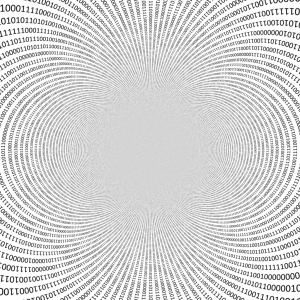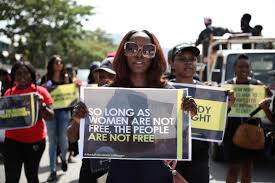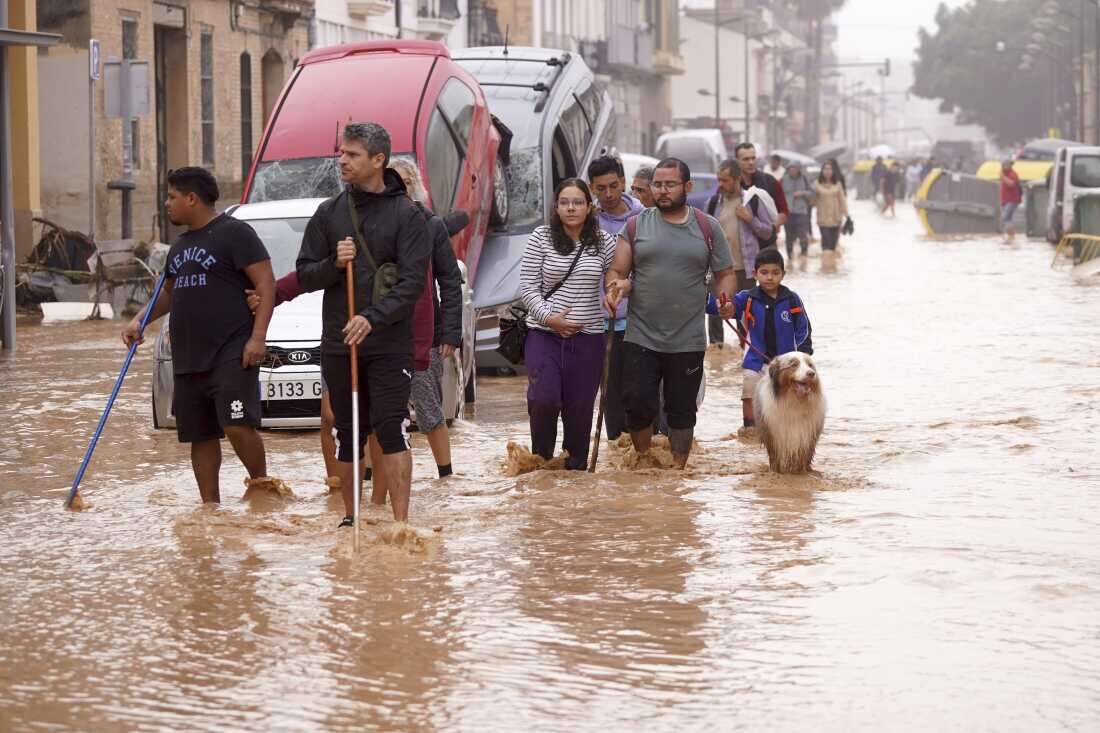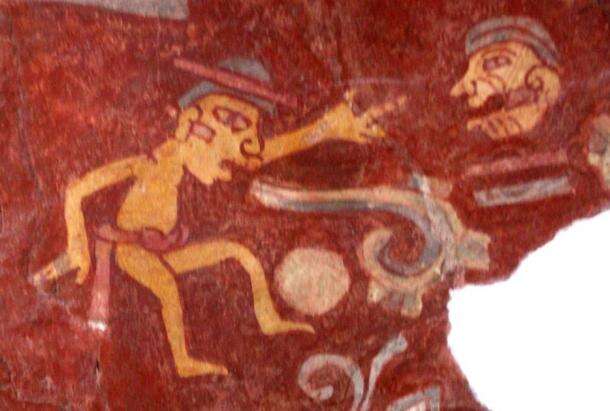Pedagogy of the Precariat
by Petar Jandric and Henry A. Giroux
Posted here is the final section of the interview. For the whole interview follow the link on the bottom of the page.
Towards a pedagogy of the precariat
Petar Jandric: As a common result of these trends, the precariat is quickly becoming an important social force – even in traditional bastions of the middle class such as the academy. Would you agree with Guy Standing that the precariat needs to develop own class identity (Standing, 2014; Standing and Jandrić, 2015)? What is the role of information and communication technologies in development of such identity? What are the main similarities and differences between pedagogy of the oppressed and pedagogy of the precariat?
 Henry A. Giroux: That is an important question. I think that a pedagogy of the precariat suggests that you are talking about a pedagogy that recognises new distinctive economic, political and social registers. A pedagogy that is no longer rooted completely in 20th century formations, but in the 21stcentury. A pedagogy that takes on particularly the savagery of the regime of neoliberalism that has really altered the deck around the assault on the public, the assault on unions, youth, public goods, the environment, public values, and democracy itself. In many ways, the regime of neoliberalism has developed a public pedagogy rooted in poisonous values such as the unbridled belief in market values, radical individualism, and unchecked competition that so limits human possibilities by undermining all notions of the public, solidarity, the support for the common good, and care for others. In this form of market fundamentalism, human agency is reduced to a form of social combat and human relations mimic the logic of exchange values, promoting only matters of self-interest. Such a reduction of human agency operates in ways which suggest that Paulo Freire’s notion of pedagogy as always unfinished holds an enormously important number of insights. Like any social theory, like any ideology, like any worldview, critical pedagogy needs to adjust to circumstances in which it finds itself. And at this historical moment we find ourselves in a historical conjuncture is that is quite distinctive in that finance capital now governs all of the major institutions of the United States, including the government, and the market is viewed as the a template for governing all social relations, not just the economy. I think that Paulo Freire would be the first to agree with the importance of understanding pedagogy as both a practice of freedom and as a powerful force for domination particularly as it currently relates to this current market driven historical conjuncture. You know, near the end of his life, Paulo did start talking about neoliberalism (Roberts, 2003).
Henry A. Giroux: That is an important question. I think that a pedagogy of the precariat suggests that you are talking about a pedagogy that recognises new distinctive economic, political and social registers. A pedagogy that is no longer rooted completely in 20th century formations, but in the 21stcentury. A pedagogy that takes on particularly the savagery of the regime of neoliberalism that has really altered the deck around the assault on the public, the assault on unions, youth, public goods, the environment, public values, and democracy itself. In many ways, the regime of neoliberalism has developed a public pedagogy rooted in poisonous values such as the unbridled belief in market values, radical individualism, and unchecked competition that so limits human possibilities by undermining all notions of the public, solidarity, the support for the common good, and care for others. In this form of market fundamentalism, human agency is reduced to a form of social combat and human relations mimic the logic of exchange values, promoting only matters of self-interest. Such a reduction of human agency operates in ways which suggest that Paulo Freire’s notion of pedagogy as always unfinished holds an enormously important number of insights. Like any social theory, like any ideology, like any worldview, critical pedagogy needs to adjust to circumstances in which it finds itself. And at this historical moment we find ourselves in a historical conjuncture is that is quite distinctive in that finance capital now governs all of the major institutions of the United States, including the government, and the market is viewed as the a template for governing all social relations, not just the economy. I think that Paulo Freire would be the first to agree with the importance of understanding pedagogy as both a practice of freedom and as a powerful force for domination particularly as it currently relates to this current market driven historical conjuncture. You know, near the end of his life, Paulo did start talking about neoliberalism (Roberts, 2003).
PJ: So, how might we educate the next generation of Freirean teachers, scholars, social and political researchers?
 HG: Maybe the best way is to try and understand that there has been an enormous shift in the ethical foundation for understanding and making pedagogy central to politics itself. Critical pedagogy is now seen as dangerous in its ability to create critically engaged citizens and its willingness to hold power accountable. It gets worse. We have infinite tolerance for bankers and financial elites, and we have zero tolerance for teachers, whistle-blowers, and anyone else willing to stand up, take a risk, and challenge the crisis of authority that we find ourselves in. Schools with their high stakes testing model have instituted a pedagogy of repression which when coupled with the curse of student debt on at the level of higher education is a recipe for killing off the potential of the radical imagination in an entire generation of students. Pedagogically, the question is: Why are we supporting an educational system that is based on oppression? We are not talking just about questions of evaluation – we are talking about genuine forms of critical and creative learning that educators students to address real problems and learn how to govern rather than be governed. Your generation needs to pay close attention to how oppression works not just structurally but also through the realm of ideas, knowledge, that is, intellectually. You need to comprehend how oppression works along a variety platforms and registers from schooling to a range of other cultural apparatuses – whether it is about intimidation, the imposition of a culture of fear, a politics of surveillance, ongoing forms of depolitization, or whether it is about the rise of the punishing state and the criminalisation of social behaviour. We need to understand these things through five major registers.
HG: Maybe the best way is to try and understand that there has been an enormous shift in the ethical foundation for understanding and making pedagogy central to politics itself. Critical pedagogy is now seen as dangerous in its ability to create critically engaged citizens and its willingness to hold power accountable. It gets worse. We have infinite tolerance for bankers and financial elites, and we have zero tolerance for teachers, whistle-blowers, and anyone else willing to stand up, take a risk, and challenge the crisis of authority that we find ourselves in. Schools with their high stakes testing model have instituted a pedagogy of repression which when coupled with the curse of student debt on at the level of higher education is a recipe for killing off the potential of the radical imagination in an entire generation of students. Pedagogically, the question is: Why are we supporting an educational system that is based on oppression? We are not talking just about questions of evaluation – we are talking about genuine forms of critical and creative learning that educators students to address real problems and learn how to govern rather than be governed. Your generation needs to pay close attention to how oppression works not just structurally but also through the realm of ideas, knowledge, that is, intellectually. You need to comprehend how oppression works along a variety platforms and registers from schooling to a range of other cultural apparatuses – whether it is about intimidation, the imposition of a culture of fear, a politics of surveillance, ongoing forms of depolitization, or whether it is about the rise of the punishing state and the criminalisation of social behaviour. We need to understand these things through five major registers.
The first register is that we need to develop the analytical skills to know what this system does to people and how it works. Neoliberal capitalism is buttressed through a variety of fundamentalisms: economic, military f, educational and religious … we need to understand this. We need to understand the workings of these modes of oppression and how they interact with each other as ideologies, modes of governance, policies, and pedagogical discourses. If we do not understand them, we cannot challenge them. We need, in some way, to find ourselves thinking, acting, and working with a new understanding of the relationships between politics, power, and knowledge.
Second, we need to revive radical imagination. We need both the language of critique and the language of hope as a way to reimagine the promise of a radical democracy and the myriad conditions necessary to support it. . We need to allow people to realize that capitalism is not all there is. That there is something else. That one cannot act otherwise, unless one can think otherwise. If we want to talk about Paulo Freire, let us be honest. Paulo was the guy who did not believe in reform. He believed in radical change! Paulo was not about reforming capitalist systems. He was about destroying them! He was about getting rid of them! Paulo talked about systems that worked because they are not built on massive amounts of inequity, inequality, wealth, and power. He understood that. So Paulo’s notion of education was not simply about critical thinking. It was about conscientization – the move to educate in order to equip people with a sense of agency that that is collective and transformative. Paulo Freire understood the need to work with others and reclaim the questions of solidarity. For him, the pedagogical was always at the centre of the notion of solidarity.
Third, one of the things that need to be done in the name of Freirean understanding of politics is creating the new language for politics. As teachers, public intellectuals, writers, journalists, we need to create educational spaces in which we can generate these new vocabularies about freedom, trust, justice, equality, the public good, and the commons. The neoliberal pedagogical machine has subverted these terms by either distorting their meaning as when they define freedom as the freedom to consume or when they disparage them as in their disdain for all public values. And one of our obligations is to simply stop saying that we need to educate young people to be critically literate. Instead, we need to educate young people to be cultural producers, active agents for whom knowledge is linked to not simply a broader awareness of literary, cultural, and scientific treasures but to an expansion of one’s sense of individual and social agency. It is not enough to read culture critically. It is not enough to say: We know how to read digital media. People need the ability to read digital media, for sure, but they also need to be able to produce digital media. They need to produce radio, television, and online programs that speak to real issues in a variety of genres.. They need to produce own journals. And some of them are already doing it! Because, without those skills, inside mainstream media, the people will be silenced.
Fourth, we need to teach people to have one foot in and one foot out. Never give your soul to the institution! Because they will dement your sense of agency, hope, and make you cynical and ultimately complicit with their own limited visions. When we understand that, we will be freer to act within these institutions to create the spaces that matter. Spaces of disruption. Spaces of resistance. Spaces in which we can model for young people what it means to speak up and take risk. Spaces in which we can eliminate islamophobia, the attack on immigrants and the demonization of the other. Spaces where we can speak about the violence that goes on in poor neighbourhoods and spaces where we can work in those neighbourhoods.
Finally, we need new political formations. I do not believe in the Republican and in the Democrat party. They are business parties. They are the heart and soul of corporate business and financial interests. So to expect that Hilary Clinton or Bernie Sanders will somehow address the question of finance capital and its influence on either party is a cruel joke.
Big Featured, Education, Featured Articles, Public IntellectualsRelated News
News Listing

By Rosemary Kasiobi Nwadike ➚
Feminist Miseducation in the Afro-West: Examining (In)Formal Gender Indoctrinations
Articles, Education, Resistance, Social Justice
July 11, 2025

By Joban Sihota ➚
Natural disaster and civic literacy— Language acquisition in the wake of DANA
Articles, Cultural Pedagogy, Education, Public Education
July 8, 2025

